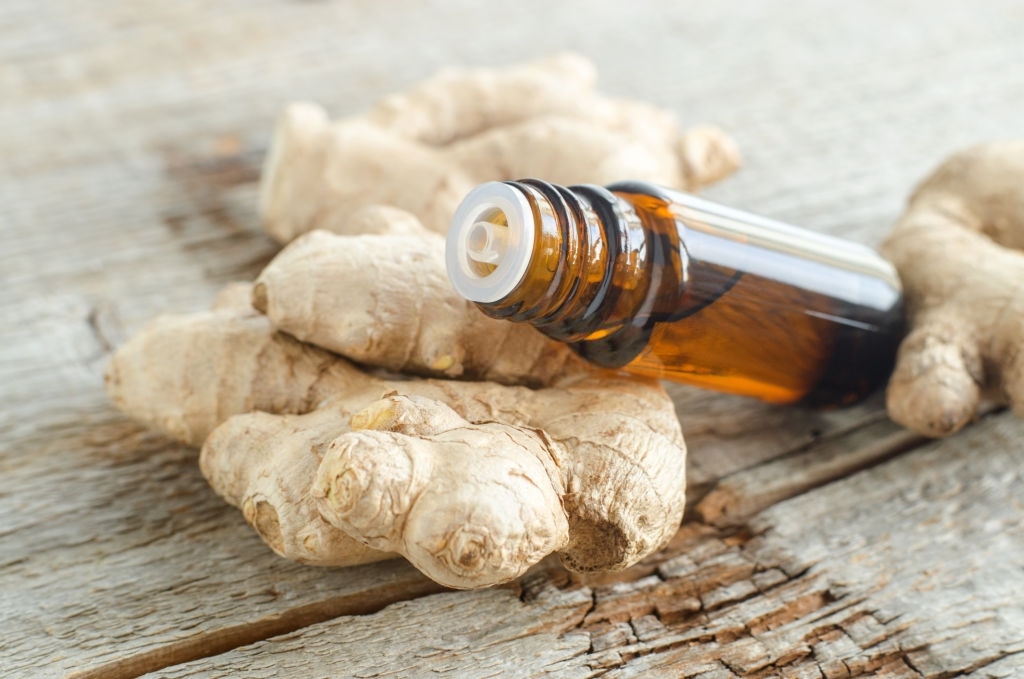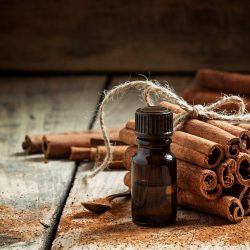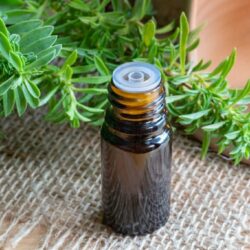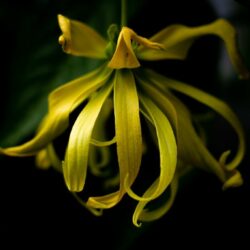Ginger is one of the most esteemed spices and drugs, and cultivated since ancient times in the Philippines. Its use is already mentioned in the oldest Chinese and Sanskrit writings . It was not lost on the ancient Greeks and Romans. The botanical name Zingiber comes from the Sanskrit word shringavera , which means “shaped like a deer antler”, referring to the shape of the young shoots emerging from its rhizome.
A little history
Ginger was already cultivated in India before the appearance of writing. Manuscripts dating back more than 3,500 years mention his name. But historians estimate its use dates back more than 5,000 years. In traditional Chinese medicine, ginger was a remedy associated with the treatment of diseases caused by an increase in Yin which is notably an element associated with cold as well as humidity.
In Europe, ginger was particularly popular with civilizations such as the Greeks as well as the Romans. This spice, which in the Middle Ages was considered magical and aphrodisiac, easily found its place on tables as prestigious as that of King Henry VIII .
Valnet (20th century) recommends, among other things, the essential oil for difficult digestion, diarrhea, the prevention of contagious diseases and impotence and, in local application, against rheumatic pain .
From Antiquity to the Middle Ages, it will therefore be considered a must. From the 9th century, ginger spread in Western Europe and thus settled there permanently. It became a very popular spice which, although imported in large quantities, remained relatively expensive, as it was intended for the wealthy of the time. On tables or in the medieval doctor’s office , ginger is indeed everywhere. He has such a reputation that it is even said that he could overcome the plague.
Hildegarde de Bingen takes an interest in ginger. In synergy with other plants, it treated constipation and sinusitis . From a culinary point of view, the Viandier de Taillevent (14th century) will give zinzibérine powder a place of honor, which means that it will remain current in the kitchen until the end of the 18th century, before being gradually abandoned in favor of pepper which thus dethrones the ginger of French tables.
What are the pharmacological properties of Ginger rhizome essential oil ?
Anti-emetic property:
The essential oil of ginger is effective against post-operative nausea ; in fact, it accelerates the passage of food from the stomach to the intestine.
Digestive, antispasmodic and antiulcer properties:
The α-zingiberene stimulates indeed gastric secretions and intestinal peristalsis and accelerates the passage of food from the stomach into the intestine. Ginger essential oil thus increases the activity of digestive and intestinal enzymes. It also reduces bowel spasms thanks to the citrals it contains.
Digestive, carminative and stomachic tonic (especially in the upper part, from the mouth to the stomach), the essence of ginger is also an active digestive healing agent on the mucous membrane of the large intestine. It causes the expulsion of intestinal gases, activates the digestive microcirculation and increases the activity of digestive enzymes (maltases, lipases, saccharases, among others, but also intestinal trypsins and chymotrypsins). Aperitif and digestive by stimulating gastric secretion and intestinal peristalsis, ginger oil is also antispasmodic, cough suppressant and expectorant .
Antimicrobial property:
Ginger essential oil slows down the replication of viruses responsible for colds and herpes. In fact, the MT and ST carbides show antibacterial activity by slowing down the replication of the viruses responsible for colds and herpes, vis-à-vis pulmonary, urinary and intestinal infections.
Anti-inflammatory property:
Anti-inflammatory by the topical route, a clinical study also reports the reduction of the pain of the knee after topical administration of essential oil of ginger associated with sweet orange tree .
Anti-cancer property:
Ginger further induces apoptosis , caspase activation and nucleosomal DNA fragmentation in SiHa cells. The oil is cytotoxic on N2a-NBs neuroblastoma cells.
Other properties:
- Analgesic
- Sexual tonic, aphrodisiac
- Active on serous membranes
- Anti catarrhal, expectorant
- Active on SNA Ʃ +
- Insecticide
- Immunostimulant, opposes immunosuppression
- Sedative without anxiolytic activity, high doses of ginger essential oil in mice induce behavioral and memory alterations due to antagonistic activity on the central muscarinic cholinergic system
Does ginger essential oil require precautions for use?
- Contraindicated in pregnant or breastfeeding women as well as in children under 8 years old
- Drug interactions with essential oils containing more than 10% ketones or phenols
- Prohibited in animals
- Avoid in case of gallstones
- Moderate induction of CYP 3A4, 2C19, 2D6, 1A2, and P-gP, risk of drug interactions, therefore ask your pharmacist for advice.
- Potential interactions with anticoagulants (risk of bleeding due to inhibition of platelet aggregation)
- Risk of interactions with warfarin
- Inhibition of the effect of ranitidine due to mucoadhesive properties of extracts of Curcuma longa as well as curcumin
- Allergic-type sensitization possible
- Skin irritation (dermocaustic) possible from pure essential oil, dilution required
- Do not diffuse or inhale (risk of eye irritation)
Medical bibliographic sources and clinical trials :
- Gessilda Alcantara Nogueira de Melo, Renata Grespan, Jefferson Pitelli Fonseca, Thiago Oliveira Farinha, Expedito Leite Silva, Adriano Lopes Romero, Ciomar A. Bersani-Amado, Roberto Kenji Nakamura Cuman. Inhibitory effects of ginger (Zingiber officinale Roscoe) essential oil on leukocyte migration in vivo and in vitro. Journal of Natural Medicines. 2011
- Kottarapat Jeena, Vijayastelter B Liju, Ramadasan Kuttan. Antioxidant, Anti-Inflammatory and Antinociceptive Activities of Essential Oil From Ginger. Indian J Physiol Pharmacol. Jan-Car 2013
- Pozzatti P, Scheid LA, Spader TB, Atayde ML, Santurio JM, Alves SH. In vitro activity of essential oils extracted from plants used as spices against fluconazole-resistant and fluconazole-susceptible Candida spp. Car J Microbiol. 2008
- Carrasco FR, Schmidt G, Romero AL, Sartoretto JL, Caparroz-Assef SM, Bersani-Amado CA, Cuman RK. Immunomodulatory activity of Zingiber officinale Roscoe, Salvia officinalis L. and Syzygium aromaticum L. essential oils: evidence for humor- and cell-mediated responses. J Pharm Pharmacol. 2009
- Williamson EM. Synergy and other interactions in phytomedicines. Phytomedicine. 2001
- Felipe, Cícero & Fonsêca, Kamyla & Barbosa, André & Bezerra, Jose & Neto, Manoel & Fonteles, M.M. & Viana, Glauce. (2008). Alterations in behavior and memory induced by the essential oil of Zingiber officinale Roscoe (ginger) in mice car cholinergic-dependent. J. Med. Plants Res








Ginger has many medicinal values. It has a role in traditional ayurvedic medicine also.